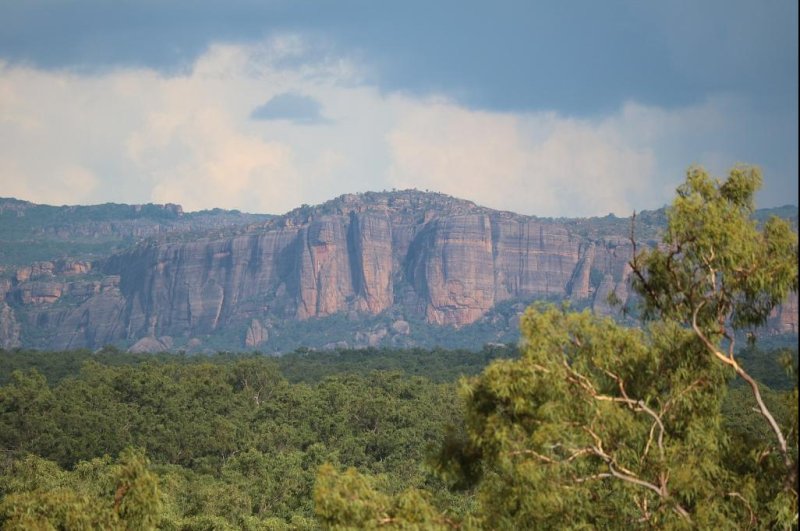Texas family reunited with lost dog 14 years later
Feb. 17 (UPI) -- A Texas family whose dog disappeared during an outside bathroom break 14 years ago were reunited with the now elderly canine thanks to a rescue group.
Aaron Webster said the Yorkshire terrier, Remington, disappeared from the fenced-in yard at his parents' house in 2006.
"We know he was stolen. Maybe a hawk grabbed him, and he got away. We'll never know," Webster told KTRK-TV.
Webster and his wife put up posters and searched for the dog for weeks, but they had no leads.
The family heard nothing about Remington until Feb. 1, 2020, when Webster received a call from Saving Hope, an animal rescue group in Fort Worth.
The rescue told Webster an elderly Yorkshire terrier had been found with a microchip bearing his contact information.
"This seems impossible," Webster told the Fort Worth Star Telegram.
Webster and one of his sons visited Saving Hope and it became clear that the animal was Remington. The dog was now blind in both eyes, was missing teeth, had matted fur and was underweight, but it was the long-lost pet.
Saving Hope said Remington was found on the street by a Fort Worth Animal Control officer. The dog had three microchips, indicating he had been living with other owners at various times, but the rescue decided to contact Webster because his information was on the first microchip implanted.
"If I could ask for anything, it would be to have 24 hours to talk to Remington about what happened in all that time. What happened when he disappeared? Who did he live with? I know he didn't spend 14 years on the street," Webster said. "But at the end, it wasn't good. He was abused, and he's skittish. He's starting to come around."
Webster said veterinarians said Remington is still healthy enough to have a decent quality of life, so his family has decided to welcome him back into their home.
"This dog has been through hell," Webster said. "But we felt like if we could bring him into our home and give him a peaceful existence for however much longer he has, he deserves that."













